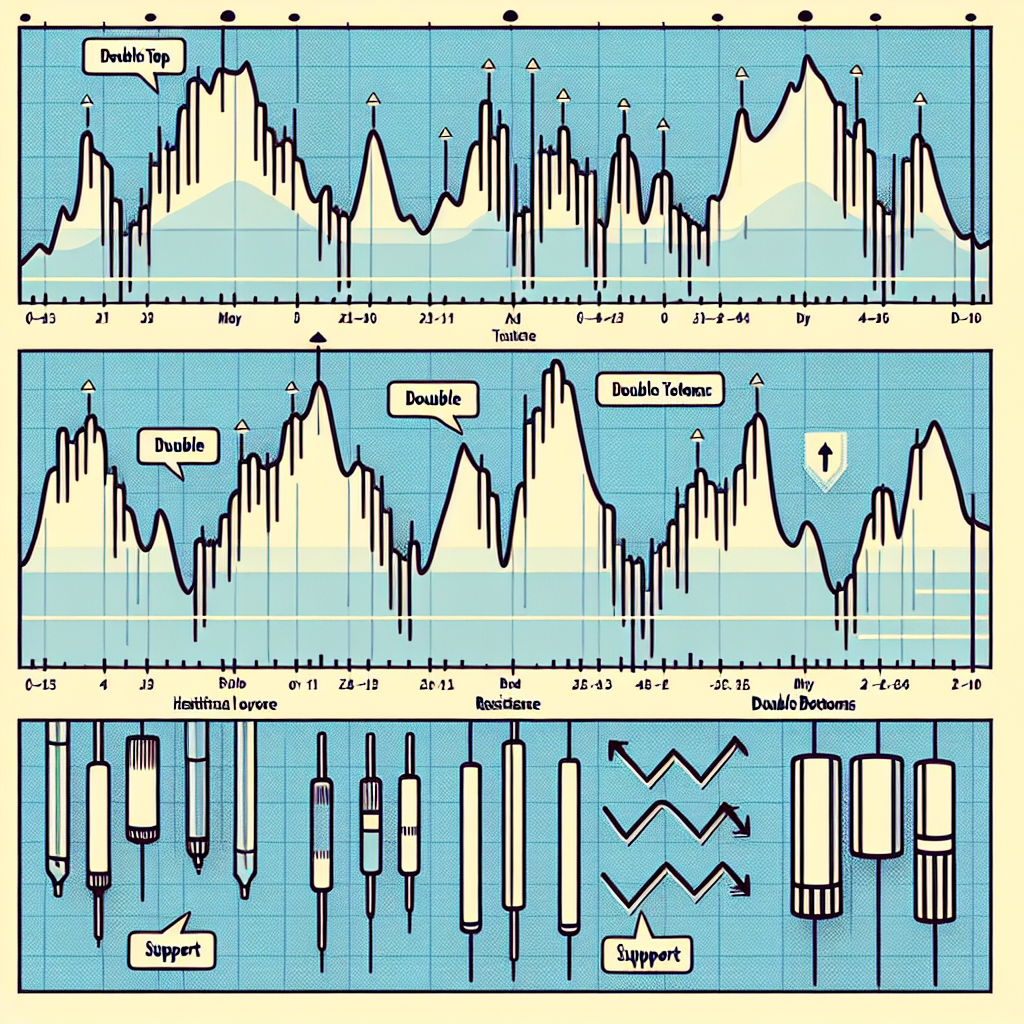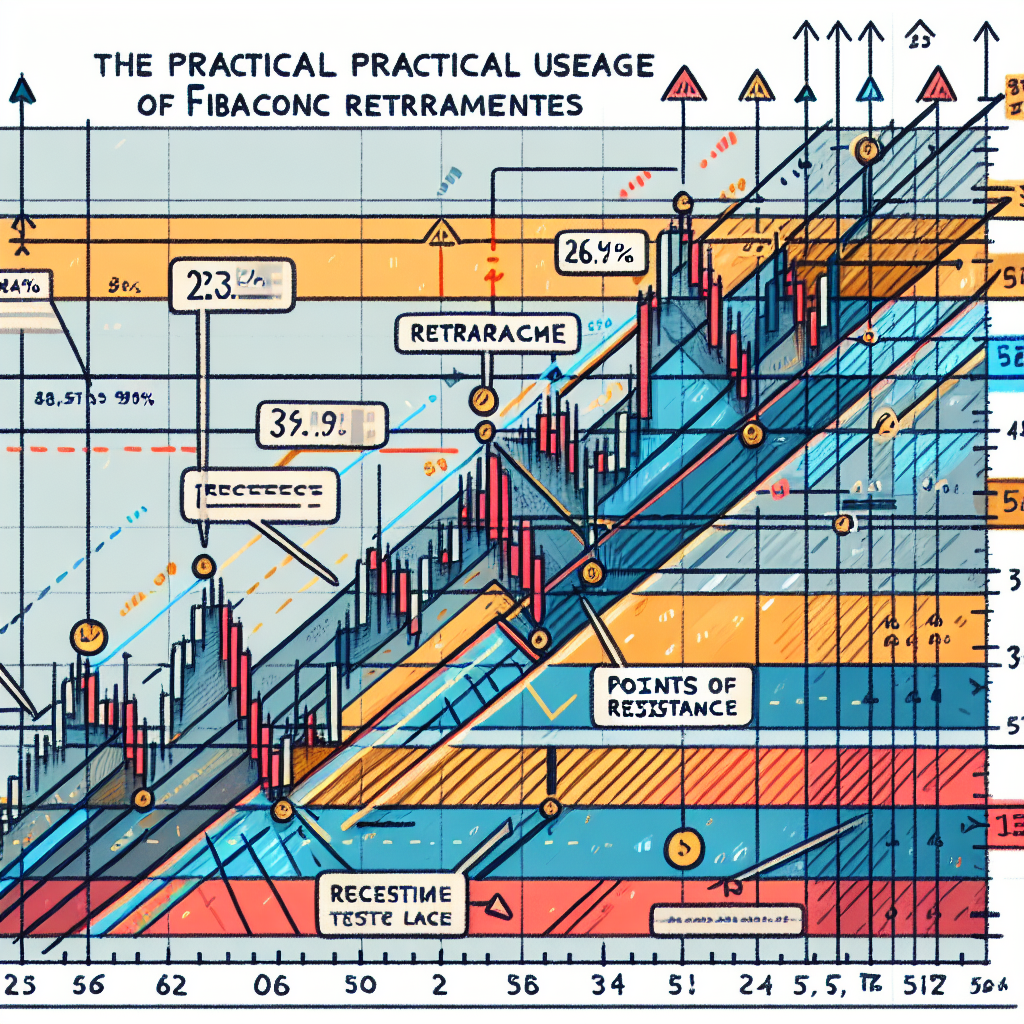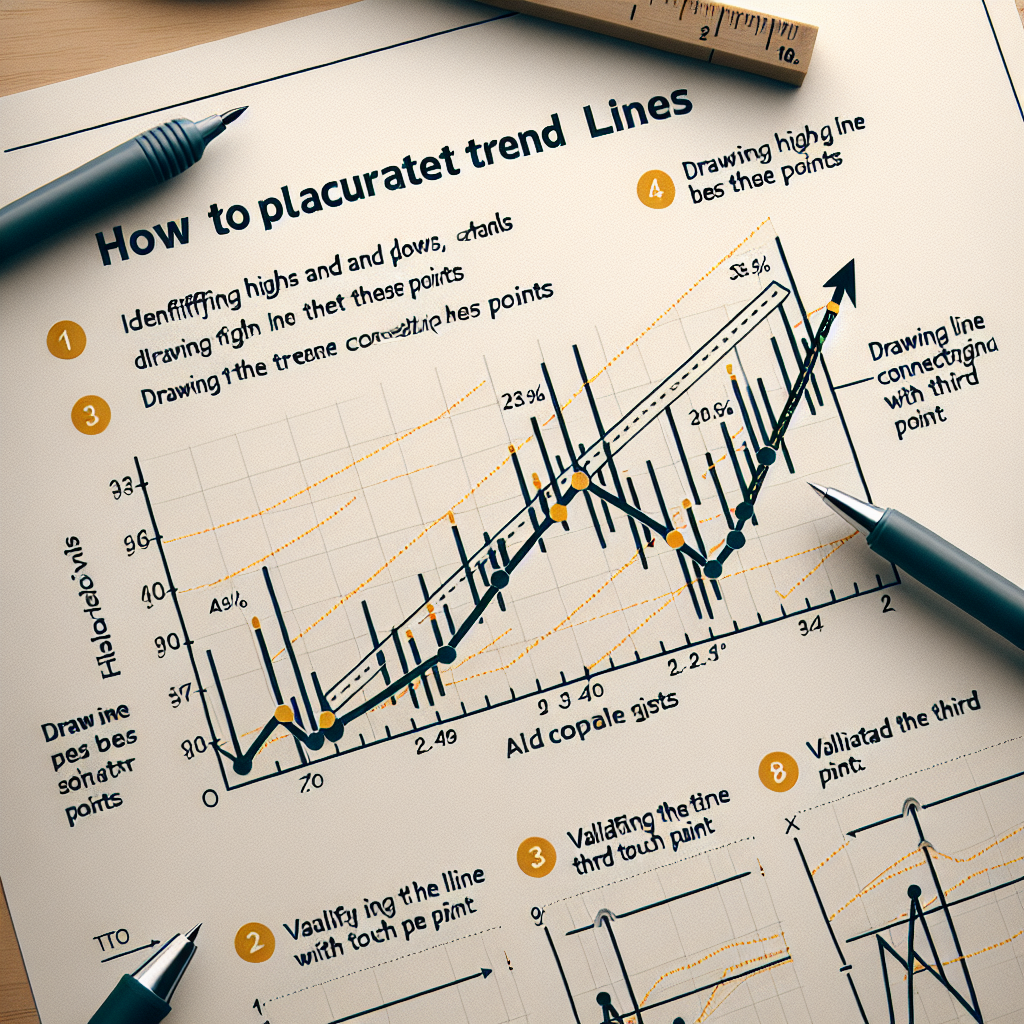Introduction to Event-Driven Market Analysis
Event-driven market analysis is a method of evaluating and predicting market trends based on significant events that have the potential to influence the behavior of investors. These events can be anything from political developments, economic data releases, natural disasters, or company-specific news such as earnings reports or product launches. By studying these events and their impact on the markets, investors can make informed decisions about buying or selling assets.
Understanding Event-Driven Market Analysis
Event-driven market analysis is based on the premise that significant events have a direct impact on market trends. These events can cause fluctuations in the prices of stocks, commodities, and other financial instruments. The analysis involves studying these events, understanding their implications, and predicting how the market will react to them.
Types of Events
Events that can influence the market are varied and numerous. They can be broadly categorized into macro events and micro events. Macro events are those that affect the entire market or a large segment of it. These can include political developments, economic indicators, or global crises. Micro events, on the other hand, are company-specific and can include earnings reports, product launches, or changes in management.
Benefits of Event-Driven Market Analysis
By understanding the potential impact of significant events on the market, investors can make informed decisions about their investments. This can help them to take advantage of opportunities and mitigate risks. Moreover, event-driven market analysis can provide insights into the broader economic and political trends that can shape the market’s future direction.
Opportunity Identification
Event-driven market analysis can help investors identify opportunities for profit. For instance, if a company announces a new product launch that is expected to be successful, investors can buy the company’s stock in anticipation of a price increase.
Risk Mitigation
Similarly, event-driven market analysis can help investors mitigate risks. If an impending political event is expected to have a negative impact on the market, investors can sell their assets to avoid losses.
Challenges in Event-Driven Market Analysis
While event-driven market analysis can provide valuable insights, it also presents several challenges. The impact of events on the market can be difficult to predict accurately. Moreover, the market’s reaction to an event can be influenced by a variety of factors, including investor sentiment and market conditions.
Prediction Accuracy
Predicting the market’s reaction to an event can be challenging. Even if the impact of the event is known, other factors can influence the market’s reaction. For instance, investor sentiment can play a significant role in determining how the market reacts to an event.
Market Conditions
The market’s reaction to an event can also be influenced by the prevailing market conditions. For instance, in a bear market, even positive news may not lead to a significant increase in asset prices.
Conclusion
Event-driven market analysis is a valuable tool for investors. It can provide insights into the potential impact of significant events on the market, helping investors to identify opportunities and mitigate risks. However, it also presents several challenges, including accurately predicting the market’s reaction to events and understanding the influence of market conditions. Despite these challenges, event-driven market analysis remains a key component of a comprehensive investment strategy.




